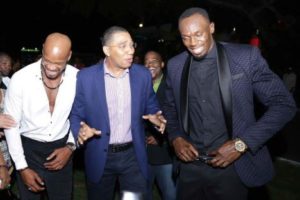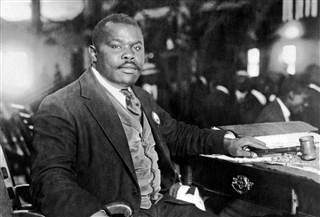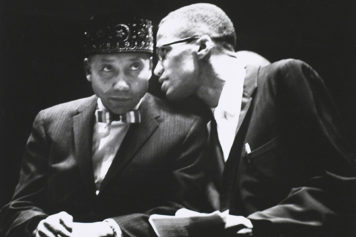
These are Jamaica’s modern-day cultural heroes – not exactly freedom fighters, but helping to keep the flag flying.
KINGSTON, Jamaica — Monday, Oct. 17, was National Heroes Day in Jamaica. The subsequent week, Heritage Week, is the busiest on the Jamaican cultural calendar. This year was no exception.
Leading up to the date, minister of culture, gender, entertainment and sport, Olivia ‘Babsy’ Grange, announced in parliament that the criminal records of four national heroes and a number of freedom fighters involved in four significant events throughout Jamaican history were to be expunged and statutory pardons issued:
“The Cabinet has approved drafting instructions in respect of legislation which will cause the expungement of the criminal records of notable freedom fighters, national heroes, supporters, sympathizers and participants by association who were involved in the 1760 Chief Tacky’s St. Mary rebellion, the 1831/32 Christmas rebellion, the 1865 Morant Bay rebellion and the 1929 campaign of the People’s Political Party.”
The last item refers to Jamaica’s first modern political party, founded by Marcus Mosiah Garvey – perhaps the most admired national hero among Jamaicans. Garvey was charged with contempt of court in September 1929, after criticizing Jamaica’s legal system as “oppressive” and calling for laws to punish judges who were unfair. He was convicted and sentenced to three months’ imprisonment and a £100 ($123.93USD) fine.
This move follows the Holness administration’s recent belated attempts to bolster a failed petition to the White House to grant Garvey a posthumous presidential pardon for his 1923 conviction for mail fraud, for which he was deported from the United States to Jamaica.
The public response to the government’s move was largely positive. The issue was discussed on the Running African radio show on Irie FM. Since the legislative process may take some time, one Jamaican listener urged on Facebook that the matter be prioritized.
On the prime minister’s Facebook page, Jamaicans also commented, such as Jam San: “It’s about time! Thank you M. Grange!”
Paul Bogle, a Baptist deacon living in rural St. Thomas (apparently free born) was a strong supporter of another national hero, George William Gordon. In 1865, he led a protest march to Morant Bay Court House, where hundreds of enslaved people were killed in a confrontation with colonial forces. Bogle was captured and hanged soon after. Gordon, a landowner in the same parish who campaigned for justice for enslaved Jamaicans, was arrested, charged and executed for his involvement in the Morant Bay rebellion.
Read more here.

